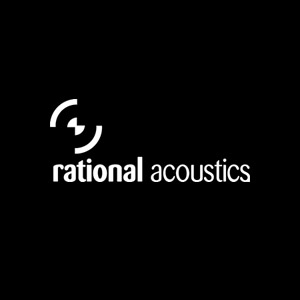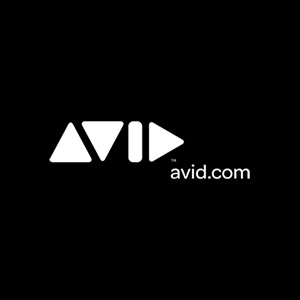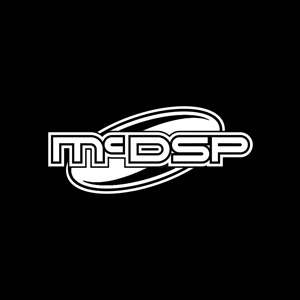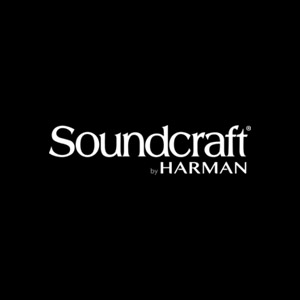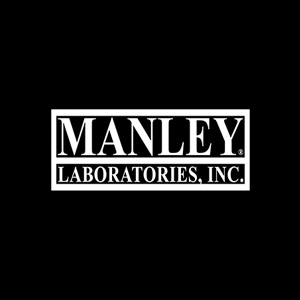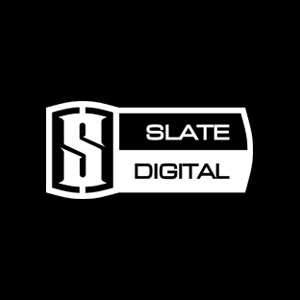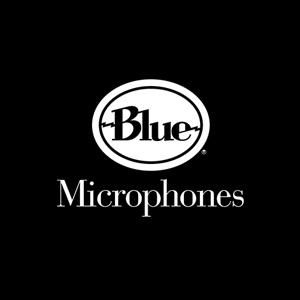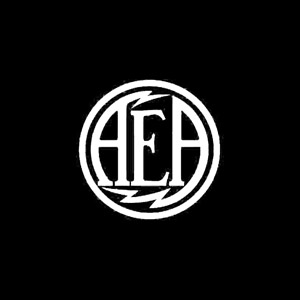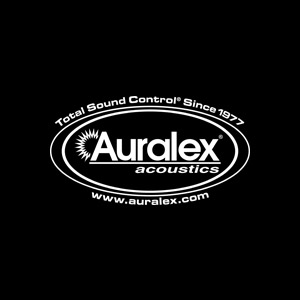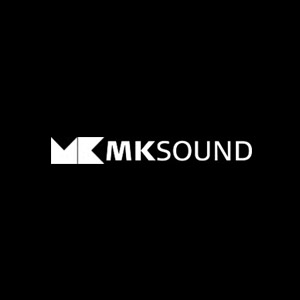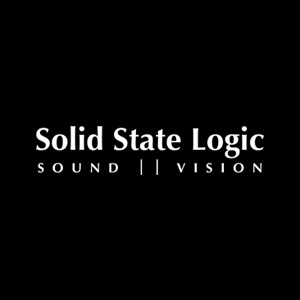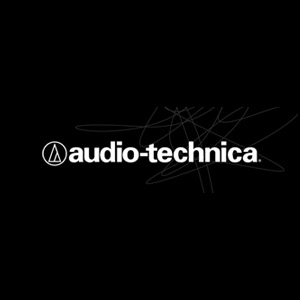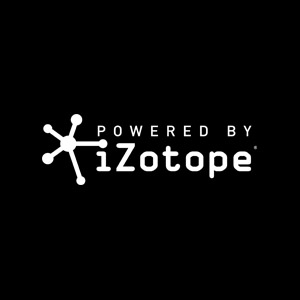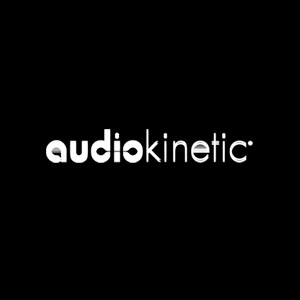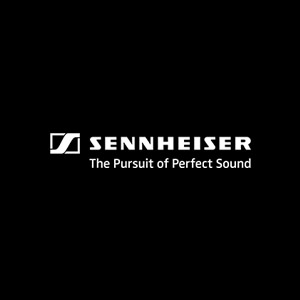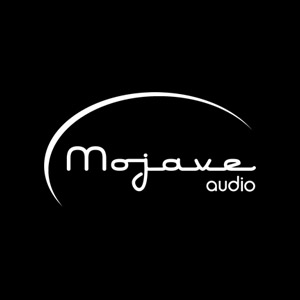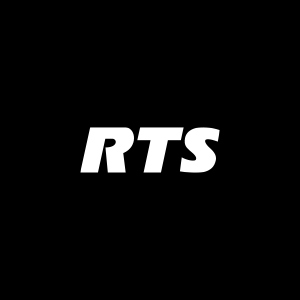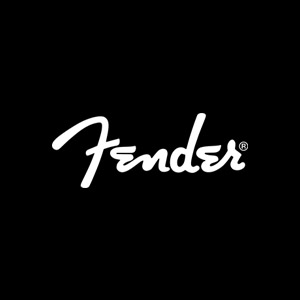What Can You Learn at Music Schools like CRAS?
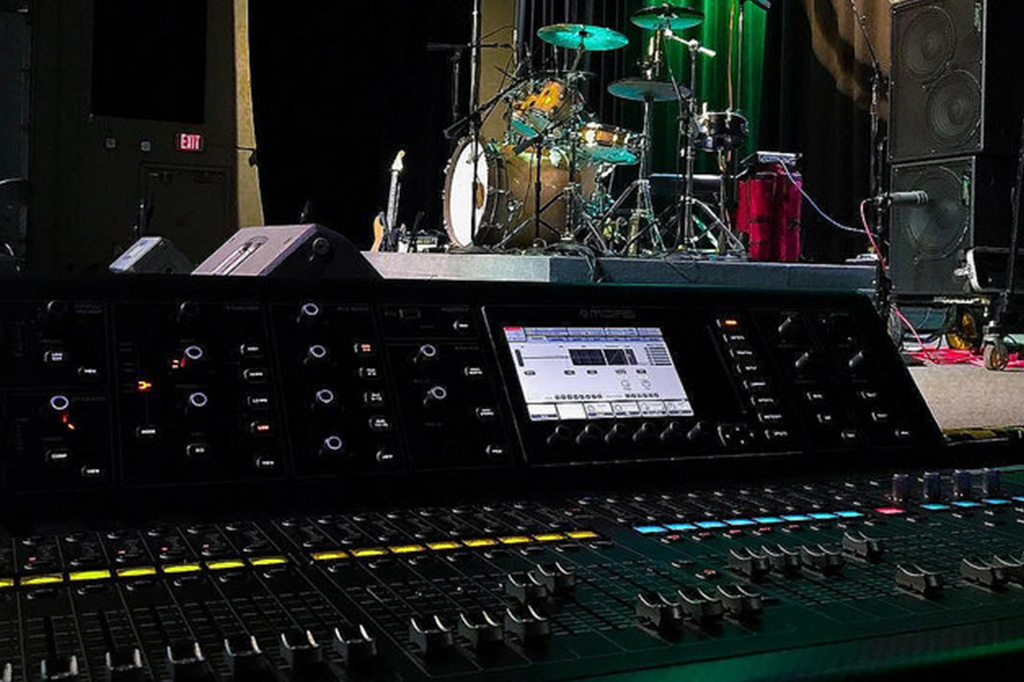
After graduating from high school or when considering going back to school to further your career there are several options. Some of those options before entering and being successful in the music industry is attending music schools, music college, music university, a music production school online or a music trade school like ours.
We discussed the differences between online vs. in person music schools and the top ten reasons to go to music engineering school but we would like to share two foundation areas of Music Engineering and Music Recording we can teach you better than a general university or college program can because of our unique education process.
Music Engineering
Music engineering is a very vital ingredient when creating high quality sounds and the music people hear in popular music productions or songs and concerts. Music engineering is often described as the “technical or behind the scenes aspect of recording”.
At CRAS, students spend 11 months of total immersion in audio music engineering learning every aspect hands on and graduate from our school with the best knowledge and experience with the latest formats, trends, and technology to be successful from the day of graduation.
We cover all of the subsets of music engineering that can help you be prepared with any career you choose in music engineering.
The CRAS campus open 24/7. And, unlike other music recording schools that might “bump” student projects for commercial work, all of CRAS’s facilities are reserved for study, workshops and sessions, by students and only students! There’s even a 6,000 sq/foot live sound venue where students learn the art of music engineering for live concerts and other events. The CRAS education experience is one-of-a-kind.
Music Recording
Unlike other general colleges or music schools we do not just add a few “music courses” about music recording or engineering within the curriculum. We teach real life music recording experience that can help you land a job in live sound and music broadcasting industry.
The CRAS campus has two locations, with 12 full-blown music recording studios between them. And, it’s not just music studios. There are music labs where students learn and practice mixdown techniques and signal flow with other students and teachers there to help if needed. A Pro Tools lab where you learn the ins and outs, tips and tricks of the single most important piece of recording software in use today.
Check out some of our music school highlights of 2015 in this video below.
